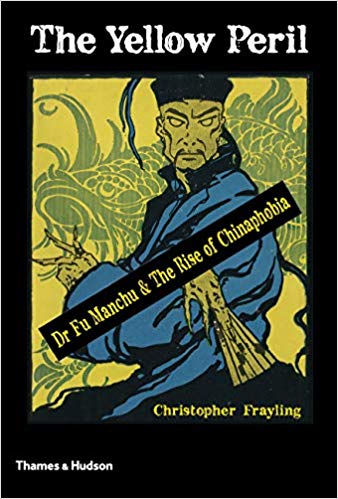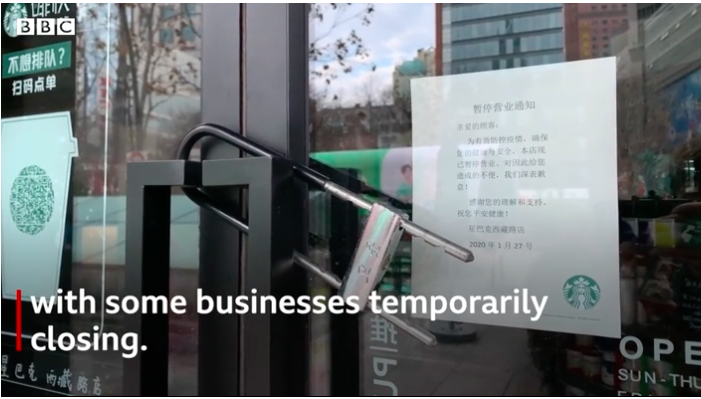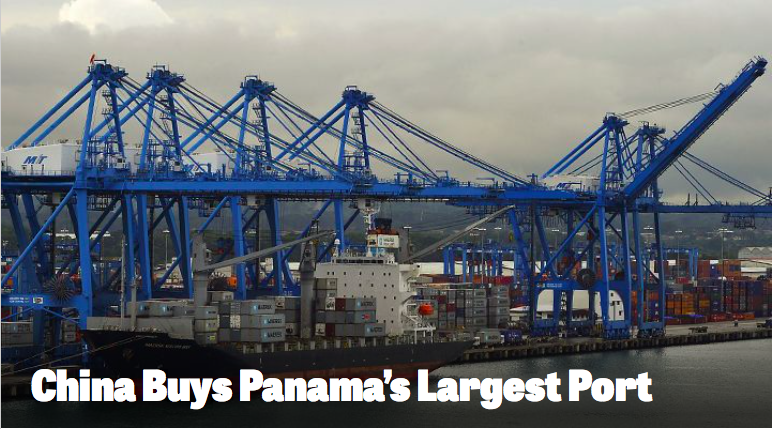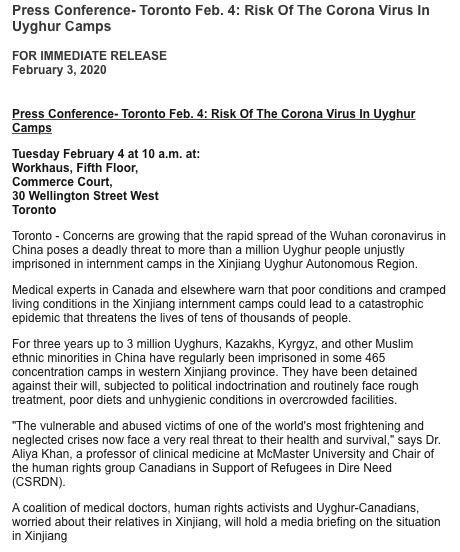Coronavirus Pandemic: Economic Disruption. China Bashing and Hate Campaign against Chinese-Americans

The coronavirus pandemic is being used to smear China and its leadership.
The WHO has set the stage. A Global Emergency after a three hour committee meeting in Geneva was launched on January 30.
At the time this far-reaching WHO decision was taken, the number of reported infections outside mainland China was of the order of 150 and only 5 in the US (January 3oth).
Immediately, starting on January 31st, the WHO instructed member governments to issue a health advisory to be filled in by air passengers Worldwide. The standard advisory targets anybody who has visited China or a country reporting coronavirus infections.
Moreover, national governments have issued health warnings and level 4 travel advisories: ‘level 4 – do not travel to all of mainland China’.
Needless to say, business people who are transacting “Made in China” commodities or are partners in a joint venture, subcontracting, maritime trade deal, etc. are prevented from travelling back and forth.
What are the implications? Economic Disruption.
Despite the strained geopolitical context, Chinese and US corporations are partners. Otherwise, the US economy simply would not function.
.
Since September 2001, following a bilateral US-China agreement (conditional for Chinese accession to the World Trade Organization), Western financial institutions are embedded in China’s banking and financial landscape, including retail banking.
And now Shanghai’s buoyant financial landscape is an empty desert. Western and Chinese businesses have closed down “temporarily”.
.
Some of the World’s largest maritime trading companies are Chinese. And Chinese business people are active in numerous ports in all major regions of the World. The two largest container ports on each side of the Panama Canal are owned and operated by Chinese business people. And a large share of international trade transits through the Panama canal.
Under national health advisories, the personnel from container ships leaving from Chinese ports will not be allowed to disembark.
The flow of trade and financial transactions is enormous. A large share of what we consume is “Made in China”. These advisories are ultimately disruptive.
The economic impacts both in China and the West are potentially devastating. Imports from China are likely to be delayed. Retail trade across America could be affected.
Racism in the US against Chinese-Americans
.As news of the virus first spread online one video surfaced above the rest, showing a young Chinese influencer, who many thought to be in Wuhan, biting into a bat that she held up with chopsticks. Media outlets like Daily Mail promoted the video, calling it “revolting” and connecting the consumption of bats to the source of the coronavirus. Thousands took to Twitter to blame what they considered to be “dirty” Chinese eating habits and the consumption of exotic animals for the outbreak, which is said to have begun at a market in Wuhan..
Smear: “Human Rights” Campaign in Canada
A few days following the WHO decision, the coronvirus within China was presented as a weapon directed against ethnic groups, including the Uygur population of Xinjiang Province.
On February 4 a Press Conference is held under the auspices of “Canadians in Support of Refugees in Dire Need”(CSRDN).
Medical experts in Canada and elsewhere warn that poor conditions and cramped living conditions in the Xinjiang internment camps could lead to a catastrophic epidemic that threatens the lives of tens of thousands of people.For three years up to 3 million Uyghurs, Kazakhs, Kyrgyz, and other Muslim ethnic minorities in China have regularly been imprisoned in some 465 concentration camps in western Xinjiang province. *see advisory below





